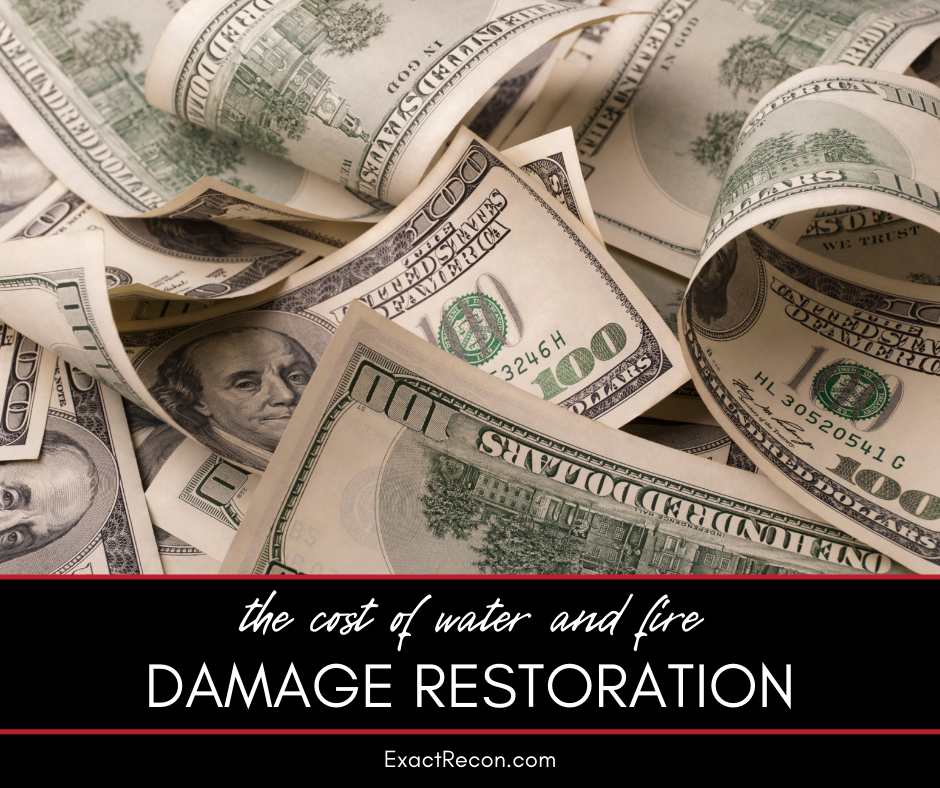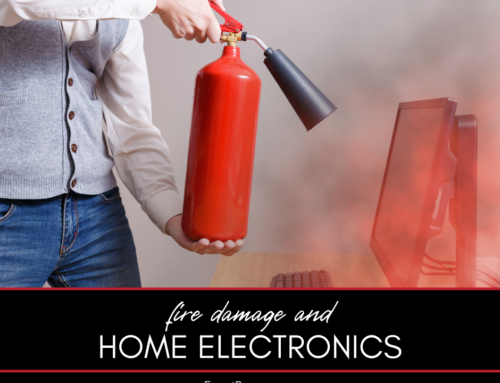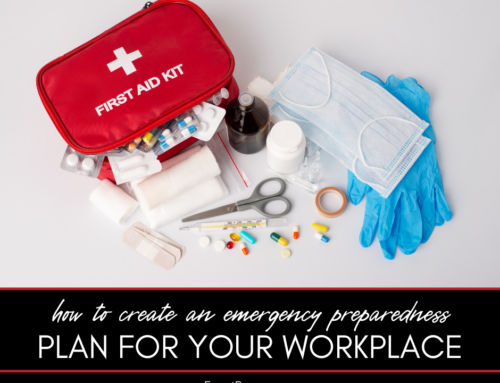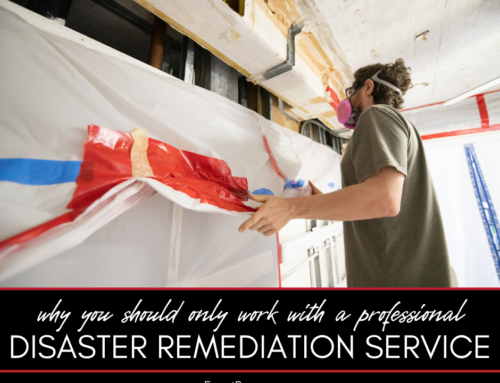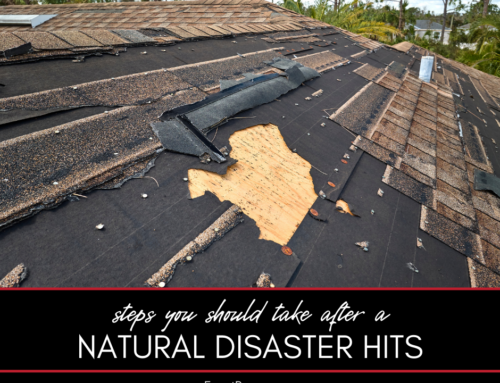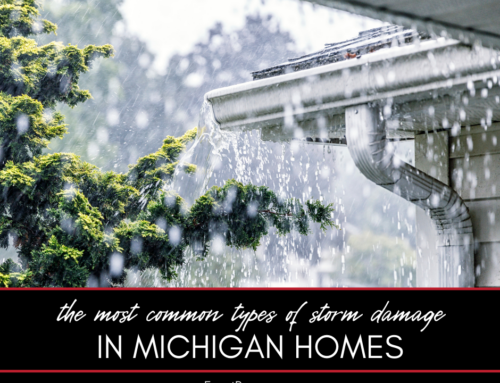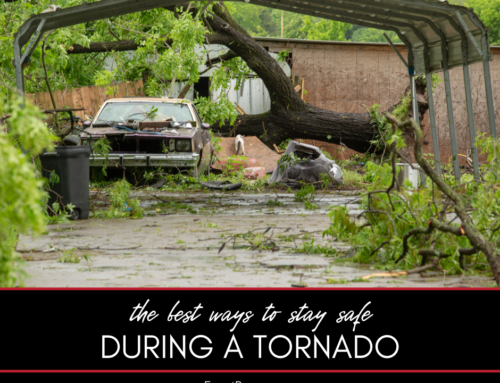Nobody plans for disasters. Yet, they happen. From fires to floods, homes in Jackson and Ann Arbor, Michigan, can face a series of mishaps. And after the initial shock and heartache, one of the first questions that often pops into your head is, “How much will this cost to fix?” Understanding these costs can help you make informed decisions about restoring your home.
The Cost of Water and Fire Damage Restoration
Everyone wants a magic number, but restoration costs can vary based on several factors. From the extent of the damage to the kind of restoration required, there’s no one-size-fits-all price tag. So, what should you expect? This guide covers:
- Factors influencing water damage restoration costs
- Aspects impacting fire damage restoration costs
- Insurance coverage and what it might entail
- When to consider professional help
- Potential additional costs to watch out for
Here’s a closer look at each.
Factors Influencing Water Damage Restoration Costs
When water wreaks havoc on your home, the costs can vary drastically based on several factors. Let’s dive deeper:
- Size of the Affected Area: Naturally, a larger damaged area will mean more labor and materials, resulting in a higher cost. Restoring a flooded basement will be pricier than fixing a leaky bathroom.
- Type of Water:
- Clean water (from rain or a broken pipe) is the easiest to deal with.
- Gray water (from washing machines or dishwashers) contains contaminants and requires more extensive cleanup.
- Black water (sewage or floodwater) contains harmful pathogens and needs specialized treatment.
- Time Elapsed: The longer you wait, the worse the damage gets. Materials continue to soak, and mold can start to grow, raising the costs of restoration.
- Repair Type: Simply drying out an area will be less costly than mold remediation or replacing damaged structures and items.
Aspects Impacting Fire Damage Restoration Costs
Recovering from a fire involves more than just fixing charred items. Here’s what to consider:
- Size and Intensity of the Fire: A larger, more intense fire will obviously result in more extensive damage, leading to higher restoration costs.
- Affected Area’s Nature: Repairing a kitchen with its appliances, wiring, and plumbing might be more expensive than a bedroom or living area.
- Materials Involved: Synthetic materials can produce toxic smoke and soot that are harder to clean than natural materials.
- Additional Concerns: Smoke can permeate walls, carpets, and clothing, requiring specialized cleaning. Structural damage might need rebuilding parts of the home. These tasks can add substantially to the bill.
Insurance Coverage and What It Might Entail
Navigating insurance can be tricky, but here’s a brief overview:
- Coverage Details: While many homeowners’ insurance policies cover water and fire damage, the specifics matter. Ensure you know your deductible and coverage limits.
- “Acts of God”: Some damages, like those from natural disasters, might not be covered under standard policies. It’s crucial to know if you need additional riders or specialized insurance.
When to Consider Professional Help
It’s tempting to tackle problems on your own, but here’s when you should definitely call in the pros:
- Extent of Damage: If damage goes beyond a simple cleanup, professionals will have the tools and knowledge to restore your home properly.
- Health and Safety Concerns: Mold from water damage or toxic residue from fires can pose health risks. Experts can ensure these issues are addressed safely.
- Long-term Solutions: A professional will not only fix the immediate damage but can also advise on preventing future issues.
Potential Additional Costs to Watch Out For
Surprises are great for birthdays, not so much for home repairs. Here’s what could catch you off-guard:
- Hidden Issues: Water or fire damage might unveil pre-existing problems like outdated wiring, old plumbing, or structural concerns.
- Mold Growth: Even after water damage is addressed, if not done correctly, mold can appear later, requiring additional remediation.
- Temporary Relocation: If the damage is severe, you might need to stay elsewhere during repairs, adding to your expenses.
Always remember, while the initial cost might seem steep, ensuring safety and longevity for your home is a wise investment in the long run.
FAQ About Restoration Costs and Processes
Here are some frequently asked questions about the costs and processes associated with water and fire damage restoration. If you don’t see the answers you’re looking for here, please call our office. We’re here to help.
How Long Does the Restoration Process Typically Take?
The restoration timeline can vary, ranging from a few days to several weeks, depending on the damage severity.
Are There Financing Options Available for Restoration?
Many restoration companies offer financing options or can guide you through the insurance claim process to manage costs.
Can I Stay in My Home During the Restoration?
This depends on the damage extent. Minor repairs might allow you to stay, while more extensive damage could require temporary relocation.
How Can I Prevent Future Water or Fire Damage?
Regular home inspections, investing in quality materials, and staying updated with home safety measures can help mitigate future risks.
Is Mold a Concern After Water Damage?
Yes, mold can develop after water damage. It’s essential to ensure thorough drying and dehumidifying to prevent mold growth.
After a disaster, your main goal is to get back to normalcy. By understanding the restoration costs and processes, you’ll be better prepared to navigate the journey back to a safe and comforting home.
Do You Need a Disaster Remediation Expert in Washtenaw County or Jackson County?
If your home has already been damaged, we can help. Check out our services and call Exact Recon for your free disaster remediation quote today. We offer:
- Water damage restoration
- Mold removal and remediation
- Fire and smoke restoration
- Sewer cleanup and disinfecting
- Reconstruction
- Wind and storm damage repair

